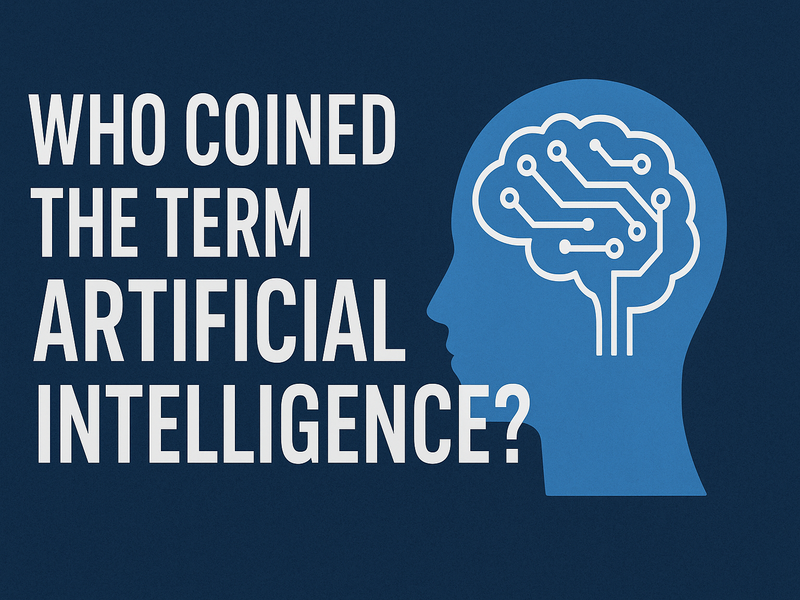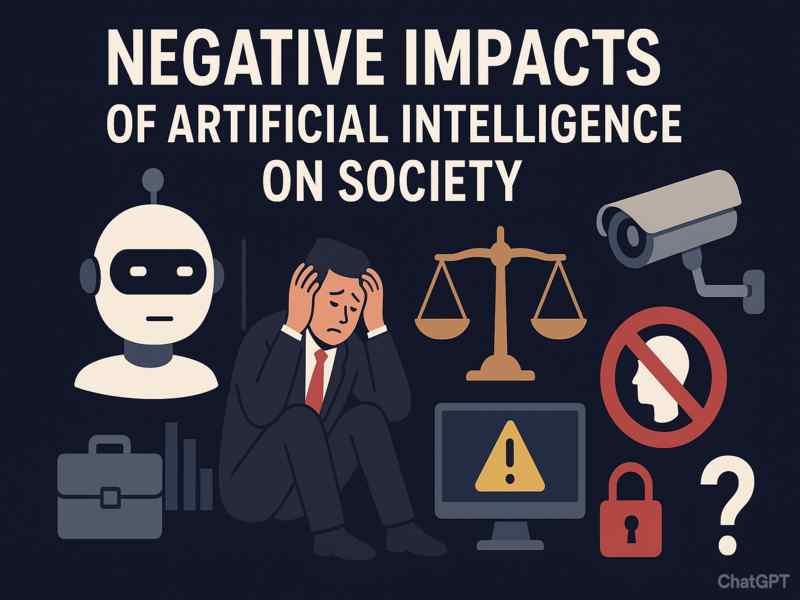Who Coined the Term Artificial Intelligence
Artificial Intelligence is now a household term, but it hasn’t always been so. When we talk about who coined the term artificial intelligence, we’re delving into a fascinating moment in history that shaped not only a field of study but also the way the world imagines machines thinking like humans.
The Birth of a New Field
In the mid-20th century, computing was still in its infancy. Visionaries like Alan Turing had already speculated about machine intelligence, but no one had yet named this emerging discipline. That changed in 1955, when a young computer scientist named John McCarthy proposed the term “Artificial Intelligence.” He used it as the banner for a groundbreaking event: the Dartmouth Summer Research Project on Artificial Intelligence, held in the summer of 1956.
John McCarthy and the Dartmouth Conference
John McCarthy, along with Marvin Minsky, Nathaniel Rochester, and Claude Shannon, organized the Dartmouth Conference, which is widely recognized as the birthplace of AI as a field. McCarthy’s choice of words was deliberate. He wanted a name that encompassed the study of “making a machine behave in ways that would be called intelligent if a human were so behaving.” This proposal officially marked who coined the term artificial intelligence and set the stage for decades of innovation.
Why the Term “Artificial Intelligence” Stood Out
Before McCarthy’s proposal, researchers used phrases like “automata studies,” “cybernetics,” or “machine intelligence.” But “Artificial Intelligence” had a simple, memorable, and powerful ring to it. The term positioned the field as one aimed at replicating—or at least simulating—human intelligence. This clear identity helped attract funding, talent, and public imagination. Understanding who coined the term artificial intelligence is also understanding how branding can shape scientific progress.
The Impact of Naming on the Field
The choice of “Artificial Intelligence” influenced not just research but also policy and perception. In the 1960s and 70s, governments and universities invested heavily in AI programs. Each wave of enthusiasm and disappointment (often called “AI winters”) can be traced back to the expectations set by that ambitious term. Today, companies worldwide market products using “AI” to signal innovation, showing how McCarthy’s phrase still resonates.
AI’s Evolution Beyond Its Name
Although John McCarthy coined the term, AI has since grown far beyond what the Dartmouth participants envisioned. Machine learning, deep learning, natural language processing, and robotics are just some of the subfields now under the AI umbrella. Knowing who coined the term artificial intelligence gives context to how far the technology has come—from early symbolic reasoning to today’s self-driving cars and generative AI systems.
Looking Back to Look Forward
Recognizing John McCarthy as the person who coined the term artificial intelligence isn’t just trivia. It reminds us that ideas—and even names—matter. The term’s clarity and ambition inspired generations of researchers to explore how machines can think, learn, and create. As AI continues to transform our lives, remembering its origins helps us shape its future with intention and wisdom.




